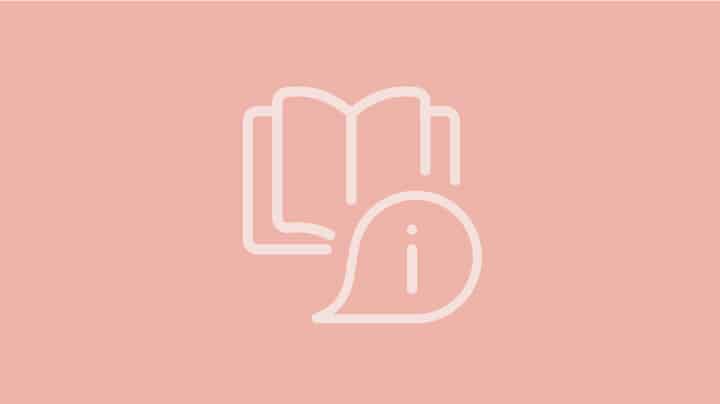Going to Court isn’t easy, so we’re right by your side
Going to court can be challenging and intimidating and may take much longer than you might expect. One of our Court Support Advocates can provide emotional support and advocacy right throughout the court process.
If you need to give evidence in court, your Court Support Advocate will help you prepare for trial, understand the court system, and develop strategies to manage the ‘emotional rollercoaster’. Your advocate will work with you to develop a personal plan to support you.
We can also help with writing a Victim Impact Statement and support you during Sentencing.
If you’re already seeing a therapist or counsellor, your Advocate will liaise with them to support your healing and preparation for court. If not, they may refer you to on-going therapy or counselling if this would be helpful for you.
To discuss our court services, please call 0800 623 1700 to speak to a Court Support Advocate. You don’t need previous or current counselling to access these services.
Restoring relationships. Restoring your life
HELP also supports people wanting restorative justice. Project Restore offers survivors an opportunity to directly address the person that harmed them, in a safe environment where you’re guided and supported by specialists.
It’s a chance to share feelings and opinions truthfully, and to work together to resolve how best to deal with the aftermath, while restoring the dignity and wellbeing of those harmed.
Click here to learn more about Project Restore.

